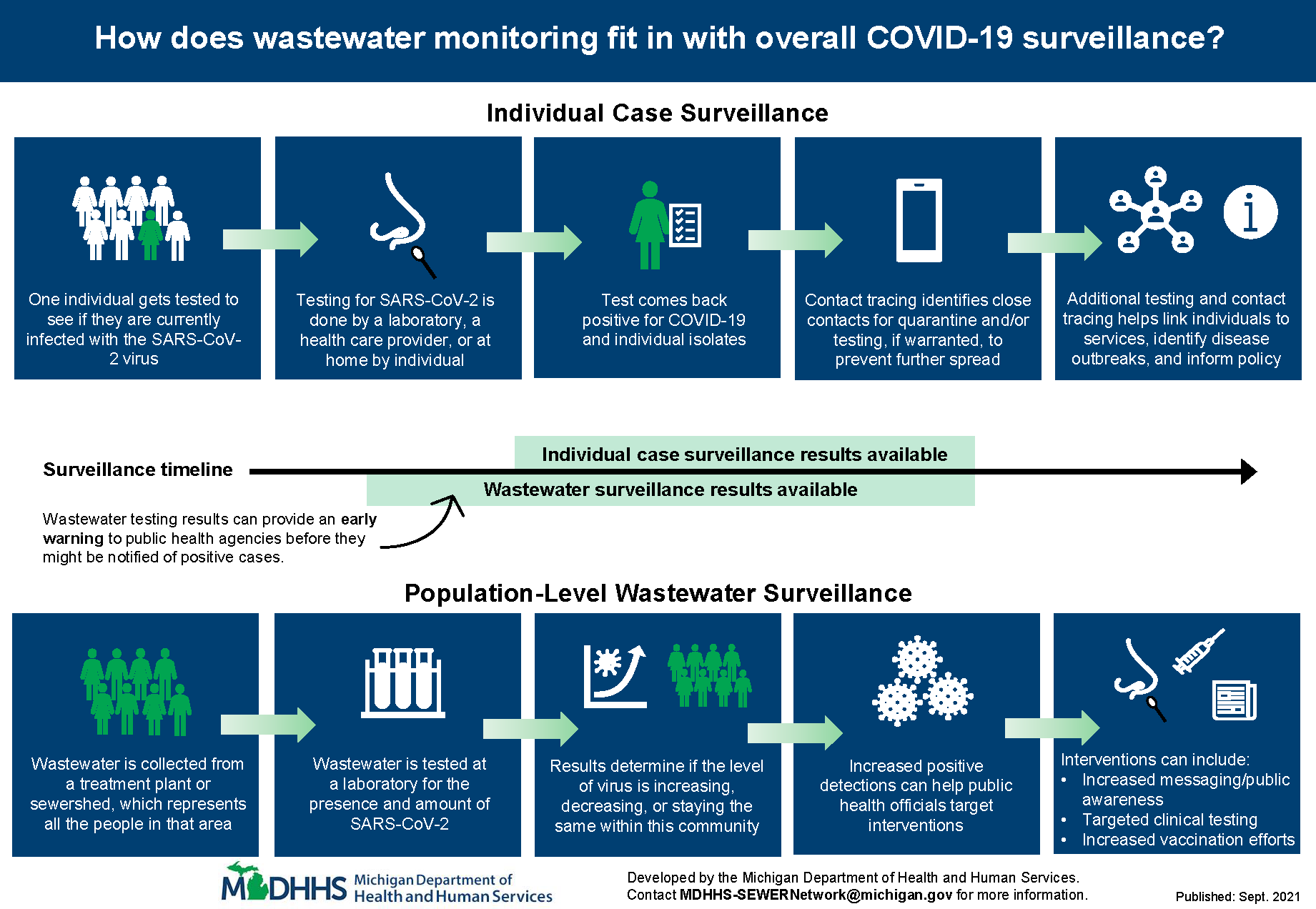Queens College will receive federal funding of $1,850,000 to create a Wastewater Epidemiology Training Laboratory (WETLAB) thanks to the Community Project Funding secured by U.S. Rep. Grace Meng (D-Queens). The WETLAB project will be used to research and develop strategies to detect harmful pathogens such as the coronavirus (COVID-19), cholera, etc. in city wastewater. The federal funds for the WETLAB project are part of $10 million for Community Project Funding secured by U.S. Rep. Grace Meng (D-Queens) for ten projects throughout Queens. Some of the other projects that have been proposed by Rep. Grace Meng along with community leaders and organizations include Adult Education Services for Immigrants, Ohel Kissena Blvd Residence Rehabilitation Project, and NYC H&H/Elmhurst Transcranial Magnetic Therapy Suite.
The WETLAB funding will be used to support training programs in wastewater-based epidemiology (WBE). The WETLAB at Queens College QC will work on developing strategies that will make detecting the presence of dangerous pathogens in sewer wastewater easier, cost-effective, and accurate. What the funding also means is Queens College QC students of diverse backgrounds interested in WBE will gain training and experience in high-level epidemiological research activities.
The WETLAB project at Queens College QC was conceived and will be directed by John Dennehy, Professor at the Department of Biology at Queens College QC. The Knight News reached out to Professor Dennehy to learn about the exciting news. Professor Dennehy tells us, “Since infected individuals shed SARS-CoV-2 in feces, WBE has proved useful in monitoring the prevalence of SARS-CoV-2 variants in communities. SARS-CoV-2 levels in wastewater closely track clinically diagnosed cases in the same areas. Additionally, WBE can alert authorities to the presence of new variants of concern. For example, a sample collected from NYC wastewater on November 21, 2021 by the Dennehy lab tested positive for the Omicron variant of concern 10 days prior to the earliest known clinically confirmed case in the USA. The Dennehy Lab has also been tracking “cryptic” SARS-CoV-2 lineages not detected in patient samples since January of 2021.
A group of scientists from various universities, including Professor Dennehy and Professor Monica Trujillo at Queensborough Community College, CUNY, have been working on the patterns of COVID-19 in NYC wastewater. Looking at the samples and data they collected and organized in November 2021 and the data they organized, they recognized the distinct mutations of the Omicron variant in their samples. Interestingly, these samples were taken before the news about Omicron had broken out. The team of researchers have been finding these odd mutations and unique sequences in wastewater for a while. Although there is no evidence that these strange mutations pose severe health risks, these sequences of pathogens remain unknown and mysterious.
What Professor John Dennehy and his colleagues’ findings prove is the value of in developing community-wide pathogen surveillance through wastewater detection. The findings that are to come may even change the present and the future of pandemics. Needless to say, all congressional districts can benefit from the findings of such useful research. Professor Dennehy tells The Knight News, “WBE promises to be an effective strategy to monitor other pathogens as well, including influenza, hepatitis, polio, and even antibiotic-resistant antibiotic-resistant bacteria. As such, there is a growing need for WBE-trained personnel to facilitate monitoring programs at government agencies, hospitals, companies, and NGOs.”
The federal funding for the community projects proposed by Rep. Grace Meng will clearly help the respective constituents. For Queens College QC, funding WETLAB will create a pathway to high-paying jobs for its student researchers. The funding is especially important considering Queens College QC, along with other CUNY colleges, remains the only institution in NY state that can provide these research opportunities for low-income students, especially low-income students of color. Professor Dennehy thinks the WETLAB funding is an example that “establishes Queens College as an institution that supports the cutting-edge research and technology development needed to address fundamental issues facing New York City residents.” He considers the opportunity “another example” of Queens College QC, “despite its modest tuition,” providing “its students with a high-quality education that prepares students to become leaders in STEM careers.”











